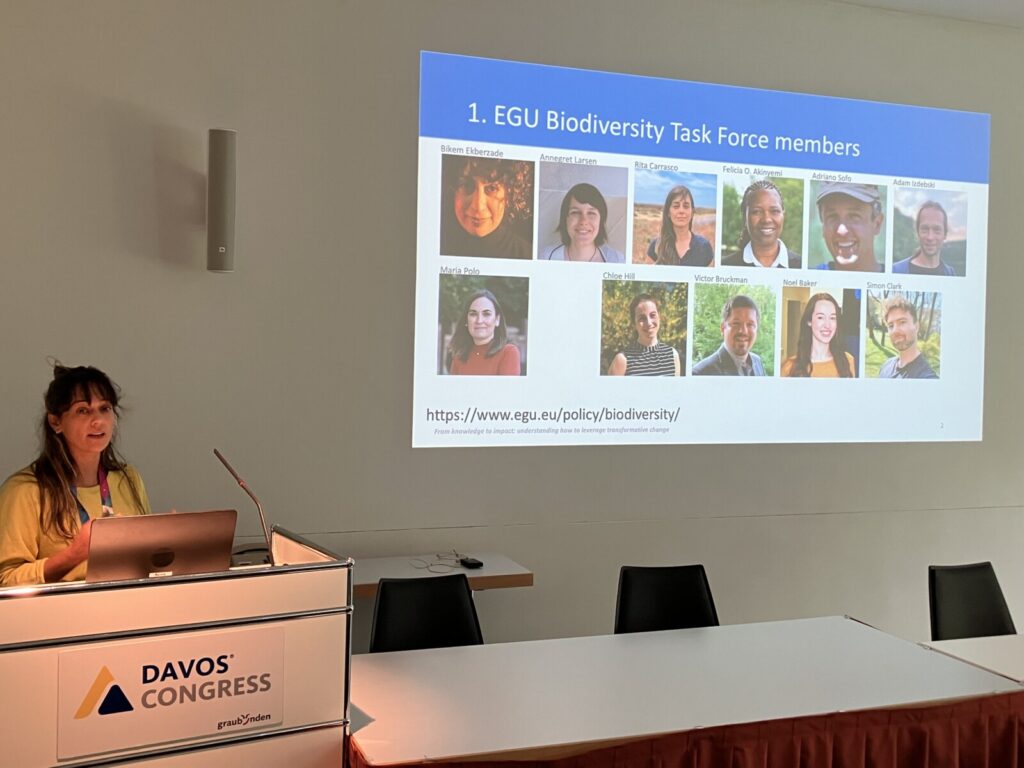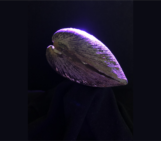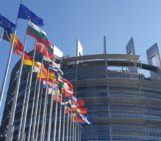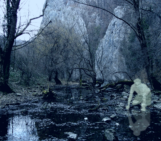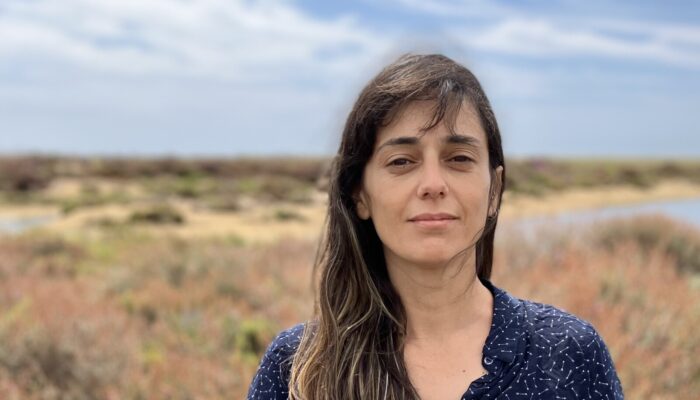
Rita, welcome to GeoTalk! Can you tell us a bit about what initially drew you to the field of coastal geomorphology and wetland ecosystems?
Thanks for inviting me! My academic background is in environmental engineering, with a lifelong passion for coastal areas and geomorphology. The real inspiration comes from a constant desire to contribute to the conservation of natural ecosystems. Thus, at some point, I felt that to better contribute to this cause I should learn more about their dynamics.
The geomorphological variability across different spatial and temporal scales is something that truly fascinates me. My curiosity about the dynamics of coastal wetlands has emerged in recent years, largely due to the realization that these liminal environments are among the most vulnerable to climate change.
Their capacity to recover from changes is frequently limited, leading in some cases to irreparable losses. The better we can decipher the wetland dynamics associated with varying pressures, the better we can understand, prepare for, and attenuate ecosystem losses.
As a geomorphologist studying the impacts of climate on wetlands landscapes, your work spans many areas that both impact and are influenced by society. How does your research impact communities (and/or other sectors) and what do you see as its broader implications?
Wetlands are very high valued ecosystems, providing a wide array of socio-economic 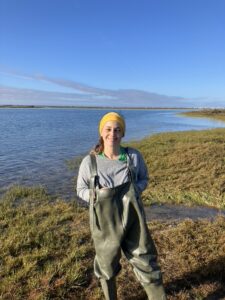 benefits to humanity. Unlike highly energetic coastal zones, their recovery after natural or human disturbance can be exceedingly slow or may never occur at all. This fragility underscores their
benefits to humanity. Unlike highly energetic coastal zones, their recovery after natural or human disturbance can be exceedingly slow or may never occur at all. This fragility underscores their
vulnerability.
Understanding the response to disturbances is not always straightforward or generalisable to other systems worldwide, highlighting the importance of local studies in defining disorder patterns. Moreover, the relationship with local communities cannot always be universally generalised.
Therefore, my research primarily focuses on elucidating the eco-geomorphologic processes occurring in wetlands, at the local scale, and assessing their potential as a model for other systems exhibiting similar characteristics.
I believe that my research and science communication activities not only contribute to international scientific audiences but also raise awareness among local communities about the importance of conserving these ecosystems.
What motivated you to join the EGU’s Biodiversity Task Force?
I wanted to understand the true challenges of bridging the gap between science and policy and between policy and science. It is also challenging for me to contribute to global-scale policies, all while maintaining a keen awareness of the imperative need for their applicability (and appropriateness) at local levels.
You’re also part of an Eklipse Expert Working Group! Can you tell us a bit about this project and what it hopes to achieve?
Yes – I am part of a group of experts conducting a comprehensive knowledge synthesis on the relevance of Nature-based Solutions and Empowerment Tools for social-ecological development in coastal areas. Our objective was to perceive the extent to which these mechanisms bolster the resilience of coastal communities in addressing diverse societal and climate challenges, in Europe and other high-income countries and territories.
This analysis was conducted through Eklipse, a knowledge brokering mechanism, after a request was put forward by the funded project of the European Union’s Horizon Europe, “Socio-economic Empowerment of coastal communities as users of the sea to ensure sustainable coastal development” (EmpowerUs).
The aim is to consolidate the development of multiple, integrated and flexible solutions related to the challenges faced by coastal communities and by that allow their smooth transition towards more sustainable, inclusive and resilient coastal development. This knowledge synthesis began in 2023 and was completed by June 2024.
What do you find more enjoyable or rewarding about working in groups such as the EGU’s Biodiversity Task Force or the Eklipse Expert Working Group?
Above all, it is the collective vision, a shared commitment to a singular process: listening and contributing. In both groups, embodying our roles as scientists, we analyse processes and share visions to address practical calls. This response gains substantial strength due to our collaboration within multidisciplinary teams, spanning from exact sciences to social sciences.
How do you think these collaborations enhance the scope and impact of your research?
I believe that sharing multidisciplinary perspectives has a very positive impact on the way each of us conducts research. In the future, science should become more comprehensive and be based on holistic approaches rather than individual perspectives.

